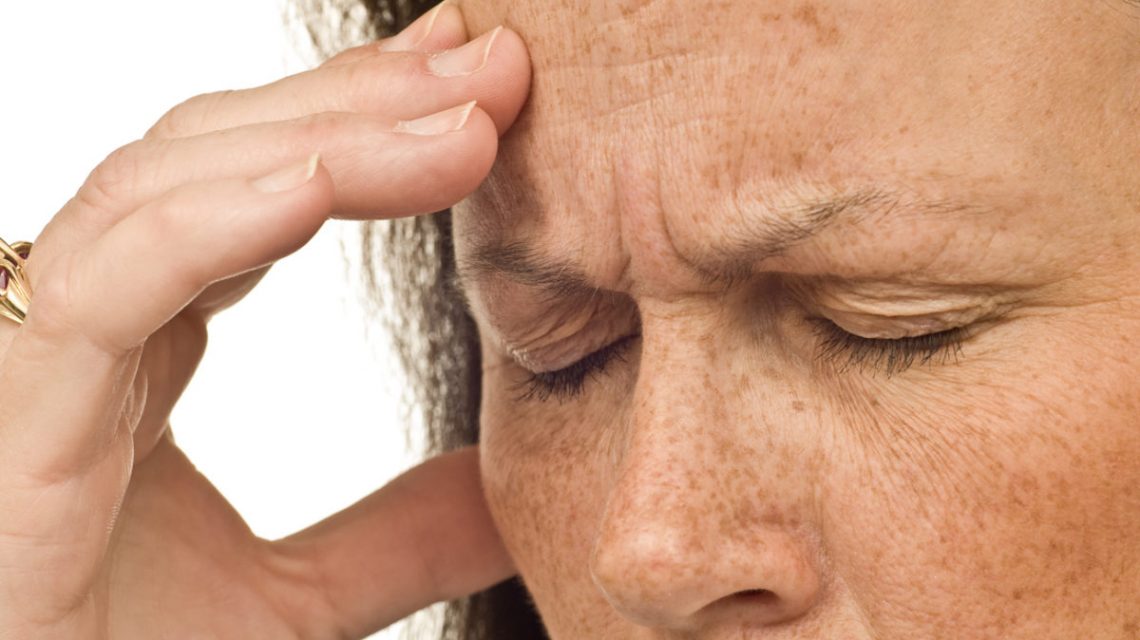Headaches, muscle tension, and migraines are most often the result of a bad bite. When facial muscles are strained by constant contraction, meaning they are held tight for long periods of time, they begin to hurt. These can occur on one or both sides, and often feel like something is squeezing your head, resulting in a dull, non-throbbing ache. Since the muscles that control your lower jaw are involved in many movements and interactions, every time you chew, swallow, bite down, or grind or clench, these muscles get overworked when your bite is in an incorrect position. So if your bite is not in a correct neuromuscular alignment, these muscles have to work much harder, and so result in tension and pain.
But it goes even further than that. Your body is connected. So a bad bite results in muscle tension and pull, which then results in jaw position changes, and that leads to lack of balance in the way your head is positions on top of your spinal column. If your head position is constantly off, then that causes the neck and related muscles to start pulling to balance you and that leads to neck pain. As this progresses, the shoulders get involved and we often find that patients who has progressed to this stage will have one shoulder that is higher than the other when standing upright. And, yes, this can move down your spine, and cause your hips to follow. Many chronic pain patients have tried chiropractors, osteopaths, acupuncture, in addition to medication in order to seek some relief.
Treating the cause, however, is the solution to elimination of pain and symptoms if the bite is responsible for your condition. Finding a holistic practitioner to help you, one who understands neuromuscular dentistry, is key to not only eliminating chronic pain but also getting you back to optimal health overall. For more information, contact us to schedule a consultation.

